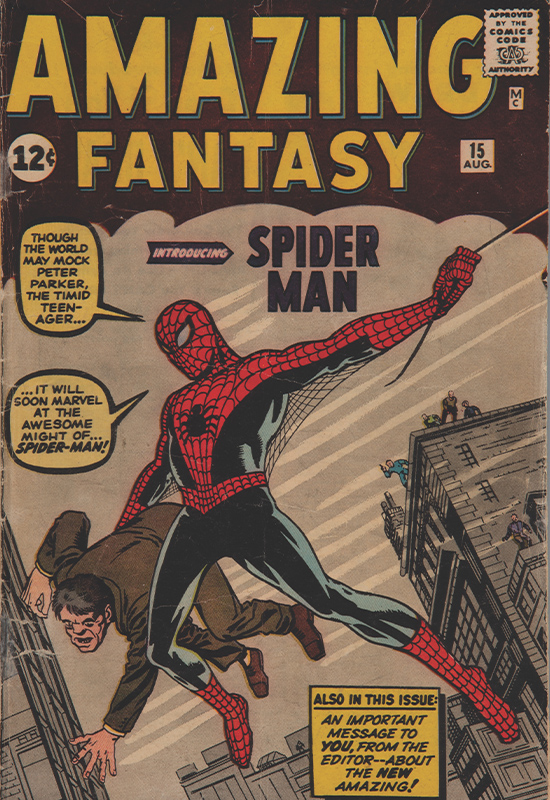
Reimagining Vincent van Gogh’s “Bedroom in Arles” through the lens of Pop Art transforms the iconic scene into a vibrant, energetic tableau. The bedroom’s familiar elements—the bed, chairs, table, and wall decorations—are rendered in bold, flat planes of color that pop with intensity.
Read More


